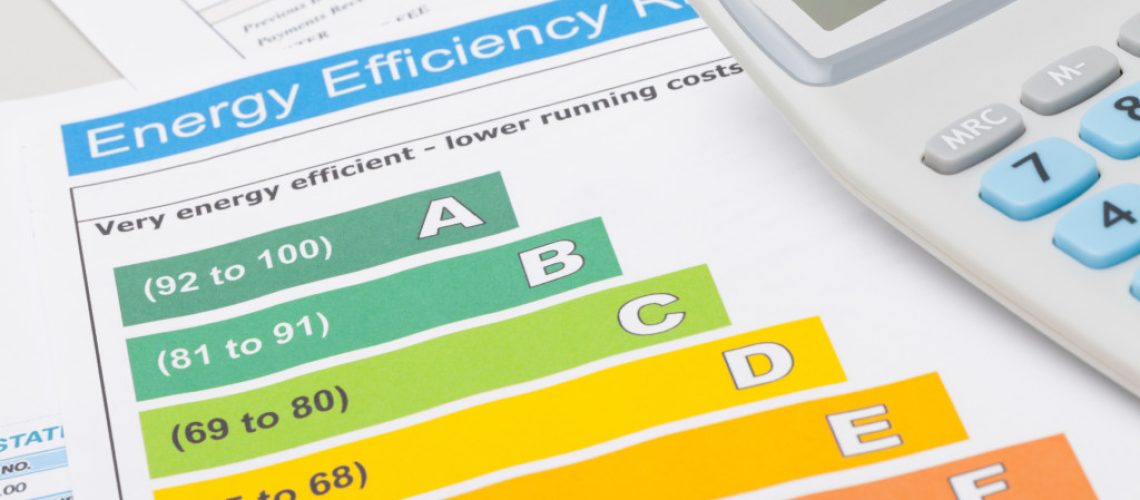- Regular maintenance of HVAC systems, including air duct cleaning and filter replacement, can prolong lifespan and increase energy efficiency.
- Mindful electricity use, such as upgrading to energy-efficient lighting and reducing plug loads, can significantly reduce energy consumption.
- Conducting regular energy audits and sealing gaps and cracks can identify and address areas of energy inefficiency.
- Incorporating sustainable practices not only benefits the environment but also improves the working environment for employees and reduces operational costs.
As a business owner or company leader, it is essential to maintain a comfortable working environment for your employees while minimizing energy costs. Energy efficiency is not only beneficial to the environment, but it also helps reduce operational costs, which directly affects your bottom line. Here’s how you can maintain it.
Conduct Regular HVAC Maintenance:
Heating, Ventilation, and Air Conditioning (HVAC) systems are crucial to maintaining a comfortable and safe working environment. Regularly scheduled maintenance helps keep your systems running efficiently and can prolong their lifespan. Here are some things you can do:
Clean The Air Ducts
The air ducts play a crucial role in the HVAC system as they move air throughout the building. Over time, they can accumulate dust, dirt, and other debris, which causes the system to work harder to maintain a comfortable temperature. Performing regular commercial air duct cleaning not only increases the life of your HVAC system but also improves indoor air quality and reduces the risk of equipment failure.
Change The Filter
Another way to maximize energy efficiency is by regularly changing the filter in your HVAC system. A dirty, clogged filter forces the system to work harder and increases energy costs. By regularly replacing or cleaning the air filter, you can significantly reduce your energy consumption and extend the lifespan of your equipment.
Inspect The Entire System
Regularly inspecting the entire HVAC system can help identify any issues that may be causing a decrease in efficiency. This includes checking for worn-out or faulty parts, as well as examining the wiring and other components of the system. If there is an issue with your HVAC system, it is important to get it fixed immediately in order to maintain energy efficiency and avoid costly repairs or replacements.

Be Mindful of Electricity Use:
Another way to increase energy efficiency in the office is by being mindful of electricity use. Encourage employees to turn off lights, computers, and other equipment when they aren’t using them. Additionally, consider implementing the following changes:
Upgrade to Energy-Efficient Lighting
The use of energy-efficient lighting is rapidly becoming more important in the corporate world, with many companies installing LED lighting to reduce their energy consumption significantly. LED lights consume less electricity and last longer than traditional lighting options. Installing sensors or timers can also help ensure that lights are only on when needed, reducing energy waste further.
Reduce Plug Load
Plug loads are electronics that plug into an outlet, such as computers, printers, coffee makers, or kettles. Unplugging electronics when not in use, using smart power strips, or purchasing Energy Star-certified equipment can reduce energy consumption significantly. Encouraging employees to use power-saving features on their computers and other electronics can help reduce power consumption too.
Conduct Regular Energy Audits
Conducting regular energy audits can help business owners identify areas of energy inefficiency and plan for energy upgrades. An energy audit also serves as a benchmark for energy consumption, so you can track progress and the impact of improvements made.

Seal Gaps and Cracks:
Poorly insulated buildings and gaps, and cracks in windows and doors can cause significant energy loss. Inspecting your building’s insulation and sealing any gaps and cracks can help maintain a constant temperature inside the building and reduce the need for heating or cooling systems to work harder than necessary.
If possible, consider replacing old windows and doors with more energy-efficient alternatives. Additionally, adding weather stripping to exterior doors and windows can help reduce air leakage and maintain a consistent temperature inside the building.
Furthermore, regularly maintaining your office building’s exterior can help prevent large amounts of energy loss. Regularly cleaning off dust, debris, and dirt from the walls and installing solar panels or reflective roof coatings can dramatically reduce the amount of energy needed to maintain a comfortable temperature inside the building.
Incorporating the tips outlined above into your maintenance strategy can help maximize long-term energy efficiency in the office, reduce energy costs, and create a more sustainable business. Regular maintenance not only keeps your equipment functioning as it should but also helps you identify energy efficiency shortcomings and address them head-on. As you move towards a more sustainable future, it’s essential to prioritize energy efficiency in the workplace. Sustainable practices do not only help your bottom line; they also create a better environment for your employees and the wider community.

